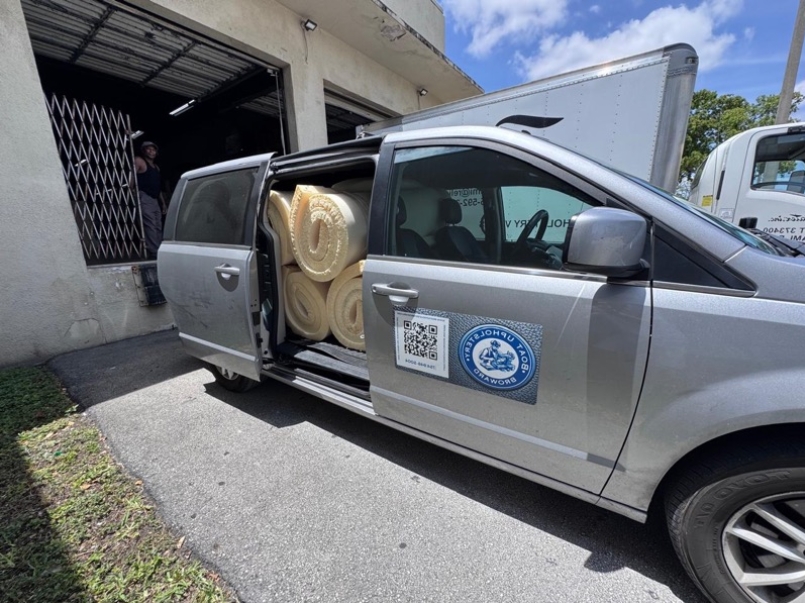NEW YORK, March 2, 2023 (Newswire.com) - OneMain Financial: Choosing a personal loan to pay off expenses or consolidate debt has its benefits, but there are some potential pitfalls in the process to avoid. These pitfalls can be found primarily in the structure of the personal loan, which includes the interest rate, payment terms, and classification as a secured or unsecured loan.
The concerns we've listed here can be detected by reading the loan agreement thoroughly before signing any documents. Understanding the difference between the annual percentage rate (APR) and interest rate is also important. They are not the same. The APR includes the interest rate but also adds in fees and finance charges.
Personal loans and building credit
Credit reporting agencies like Equifax, Experian, and Transunion use a universal scoring system called FICO® to calculate credit scores. These scores range between 300 to 850 and help determine an applicant's eligibility for a loan depending on their creditworthiness. A personal loan can increase and decrease a person's credit score. Getting approved for a personal loan may cost the applicant a few points on their credit score while paying the loan off on time without missing a payment could improve their credit.
Lenders do what's known as a soft inquiry on the applicant's credit report during the pre-approval process. A soft inquiry on a credit score is when a person's credit report is accessed, but this does not affect the individual's credit score. On the other hand, a hard inquiry will result in a slight credit score decrease because the lender will do a deeper dive into the applicant's credit history. As for continuing to make on-time payments, they can significantly boost the score over time.
Unsecured versus secured loans
There's a valid argument that a loan applicant may get better terms and a lower interest rate if they opt for a secured loan versus an unsecured loan. The downside is that the collateral for a secured loan puts the borrower's assets, like a car, boat, motorcycle, or house, on the line as security for repayment.
Defaulting on a secured loan could lead to the forfeiture of the asset. Unsecured loans don't require collateral, so losing pledged collateral isn't an issue. The interest rate and APR might be higher, but the borrower is not at risk of losing their personal property. Unsecured loans are often used for debt consolidation or to cover emergency expenses.
Watch out for origination and early repayment Fees
Loan applicants often go through the entire application and screening process before getting all the loan contract terms. It's important that fees, including origination fees and early repayment penalties (also called prepayment fees), are stated clearly and thoroughly. It's always important to carefully read the fine print.
While early repayment penalties are less common these days, it's a good idea to be sure they aren't in the loan agreement.
The Bottom Line
Borrowing money costs money. That's just the nature of how the moneylending business works. Because taking out a personal loan has pros and cons, potential borrowers should carefully read the terms and conditions of every loan. Look for the interest rate and the APR, and determine if there are origination fees or an early repayment penalty fee. Carefully weigh the decision on whether to get a secured or unsecured loan and understand that your credit score will be affected by consenting to a potential lender's hard inquiry even if you don't accept the loan that may be offered to you.
SPONSORED CONTENT
Contact Information:Keyonda Goosby
Public Relations Specialist
[email protected]
(201) 633-2125
Original Source: OneMain Financial: The Ins and Outs of Personal Loans: What to Look for and What to Avoid
Lifestyle - JISIP NEWS originally published at Lifestyle - JISIP NEWS





